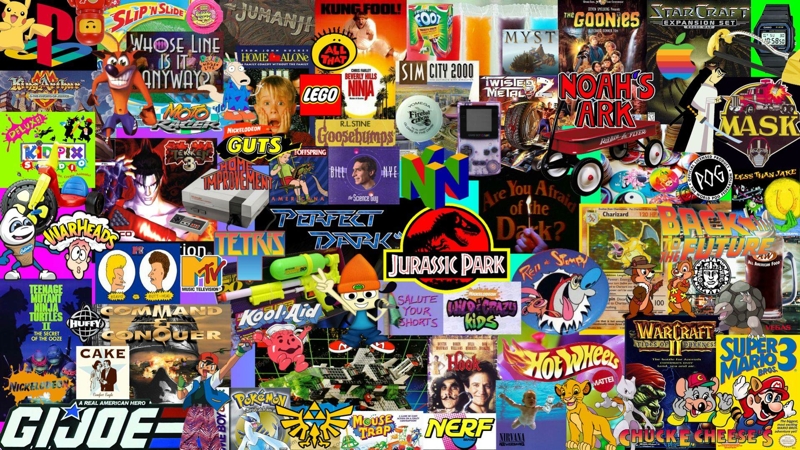By Ira Brooker
When Joni Mitchell wrote "I feel to be a cog in something turning," she didn't know the half of it. That line from 1970's "Woodstock" originally referred to the widespread hope that the namesake festival would be a catalyst for peaceful revolution. 40-odd years later, Mitchell's song is still a vital cog, but now it's helping to turn the unstoppable machine of nostalgia marketing.
There's been a steady rumble in the past few decades about the noxious narcissism of the Baby Boomer generation, much of it grounded in the kind of self-congratulatory sentiments found in Mitchell's song. The standard knock against Boomers is that they're obsessed with lionizing themselves as the generation that changed everything -- music, sex, war, morality -- and that they've spent the past 40 years wallowing in the cultural relics of their youth. There's probably some grain of truth in that characterization, but it doesn't give nearly enough credit to the media and marketers who engineered the selling of a generation.
It's been a massively successful campaign. Repackaging '60s and '70s counterculture is as good a renewable resource as a marketing firm could hope for - I have a friend who's bought The Who's Live at Leeds eight times in various incarnations, for instance - and has even proven adaptable to new markets. When the nation turned its eyes away from the hair metal and excess of the Reagan '80s, the marketing folks zeroed in on the '90s generation's social consciousness and swiftly repackaged the '60s as something to venerate and aspire to. Neil Young was now The Godfather of Grunge. Hendrix, Joplin and Morrison were precious martyrs. The Woodstock logo looked keen on t-shirts. Boomer parents were happy to have a bond with their kids, and everybody bought merch happily ever after.
That flurry has died down a bit these days, but it's a persistent strain of nostalgia marketing. Every morning my local public radio station features a brief retrospective on a pop cultural milestone, everything from the 40th anniversary of Ray Stevens' "The Streak" to the 50th anniversary of every milestone of The Beatles' eventful 1964. A recent issue of People featured a cover story on the 45th anniversary of the Manson murders. And of course there's CNN's multi-part documentary The '60s. All of that makes sense, as the audiences for those outlets skew toward Boomerhood, but it's still an irritating manifestation of the phenomenon.
The merchandisers and marketers would love to make this a self-perpetuating cycle. That's why '90s nostalgia is currently blitzing all across the internet. The kids caught up in the first crush of online entertainment now have kids of their own, and that's an ouroboros with buying power. The commemorations are coming hot and heavy: a two-decade remembrance of Kurt Cobain's death, high-profile features on the 25th anniversaries of Seinfeld and Twin Peaks, 20th anniversary reissues of Nas's Illmatic, Soundgarden's Superunknown and Jeff Buckley's Grace, among others. And of course every one of these milestones has inspired dozens of blog entries and thinkpieces.


